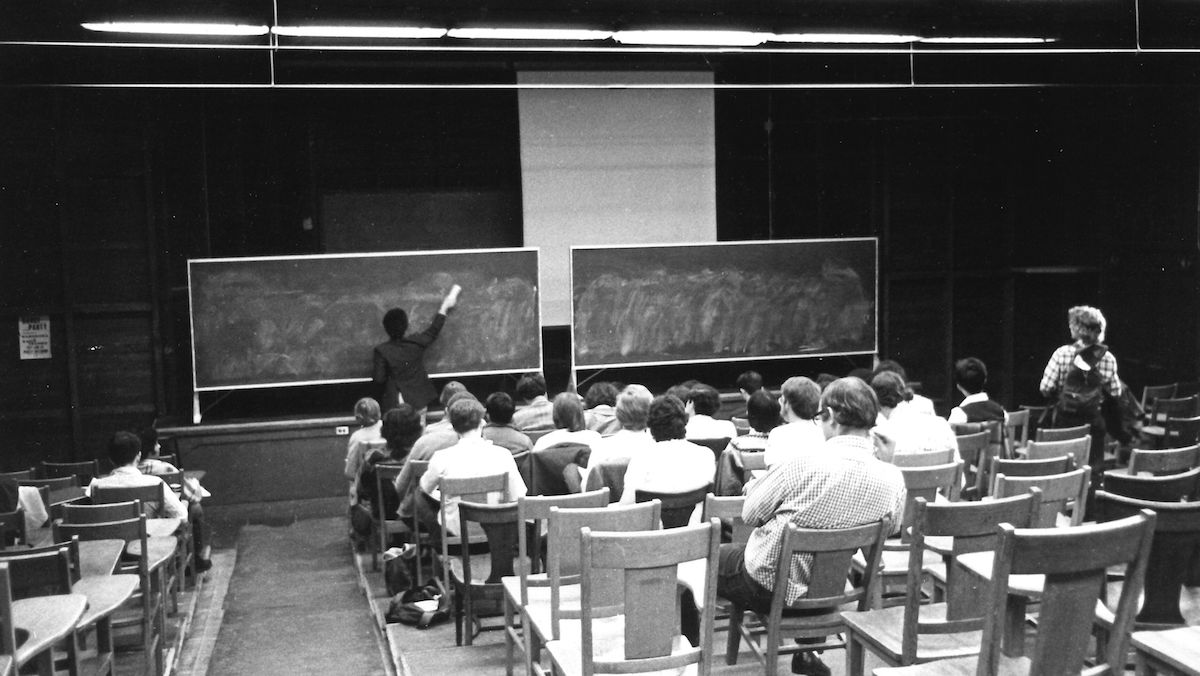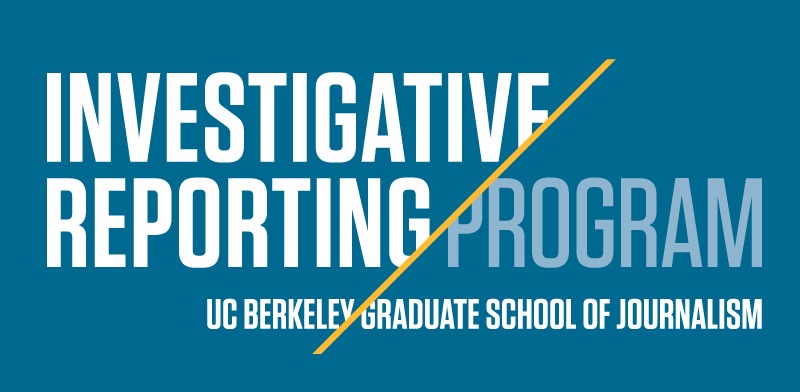Founded in 1968
The culture of UC Berkeley Graduate School of Journalism is revealed in our heritage. It also offers some insight into our future.
While the University has offered a journalism major since 1937, a professional school wasn't launched until 1968.

Holding the powerful accountable
1968. A tumultuous year marked by political unrest, violence and fading trust in the country’s leadership and institutions. Citizens were demanding the truth.
And Berkeley was the epicenter of many dramatic events. “We frequently had to evacuate the building because it was full of tear gas,” recalls Edwin Bayley, our first dean.
Berkeley was the birthplace of the Free Speech Movement, a catalyst for the decade’s upheaval. The police car from which philosophy major Mario Savio spoke on October 1, 1964 was parked outside Sproul Hall, then the home of Berkeley Journalism.
A heritage of fresh thinking
In 1981, the UC Berkeley Graduate School of Journalism moved to its current home in North Gate Hall, which had housed the College of Architecture since 1905. It was the informal home of the Bay Region Style, a movement noted not for rigid principles, but by using the “local truth,” ignoring rules as the space and environment require. For example, the north windows break the roofline, violating the traditions of “correct” architecture for a simple reason – the spaces inside needed light.
It’s a perfect metaphor for aspiring journalists – sometimes, to shed light, you need to re-think traditional standards.

We build important new programs: In 2006, we established the Investigative Reporting Program (IRP), a specialized graduate-level training program and non-profit newsgathering operation that soon became a model for university-based media partnerships around the country.
In 2006, in response to cutbacks at major news organizations, Professor Lowell Bergman and IRP Assistant Director Marlena Telvick established the first postgraduate fellowships in investigative reporting in the nation. This yearlong program was designed to enable journalists with a proven ability to tell complex stories in the public interest to pursue a story for one year by providing them with a salary, benefits, editorial guidance, and a $10,000 research stipend. The fellowships were open to all working investigative journalists, but preference was given to graduates of UC Berkeley’s master’s program in journalism.
The fellowship program helped buoy the careers of several reporters including Carrie Lozano ('05). Jonathan Jones (’05) used his 2008-09 fellowship to investigate Firestone Tire and Rubber Co.’s history in Liberia. The story became the basis of a documentary with PBS Frontline and ProPublica, which aired on PBS in November 2014 and earned him two Emmys in Outstanding Long Form Investigative Journalism and Outstanding Research.
IRP fellows’ work appeared in The New York Times, The Washington Post, The Atlantic, Newsweek, NPR, the PBS NewsHour, The Wall Street Journal, The Nation, National Geographic, Wired and other outlets. The program lasted until 2020.
In 2007, the IRP hosted the first Logan Symposium in Investigative Reporting, the only one of its kind. The extraordinary event has been held annually ever since.
We launched three hyperlocal news sites in 2008: Oakland North, Mission Local and Richmond Confidential.
These examples underscore why our history matters today. From the start, we’ve been dedicated to helping journalists tell important stories, pursue and disseminate the truth, and act as a catalyst for justice, human rights and meaningful change.
And our heritage is very much alive. We have seen an explosion of new platforms for journalists and storytellers, from streaming outlets for documentaries to all manner of podcasts.
Which shows that our history does not bind us – it frees us to innovate, to get better, to enable journalists to tell the stories that can change the world.
